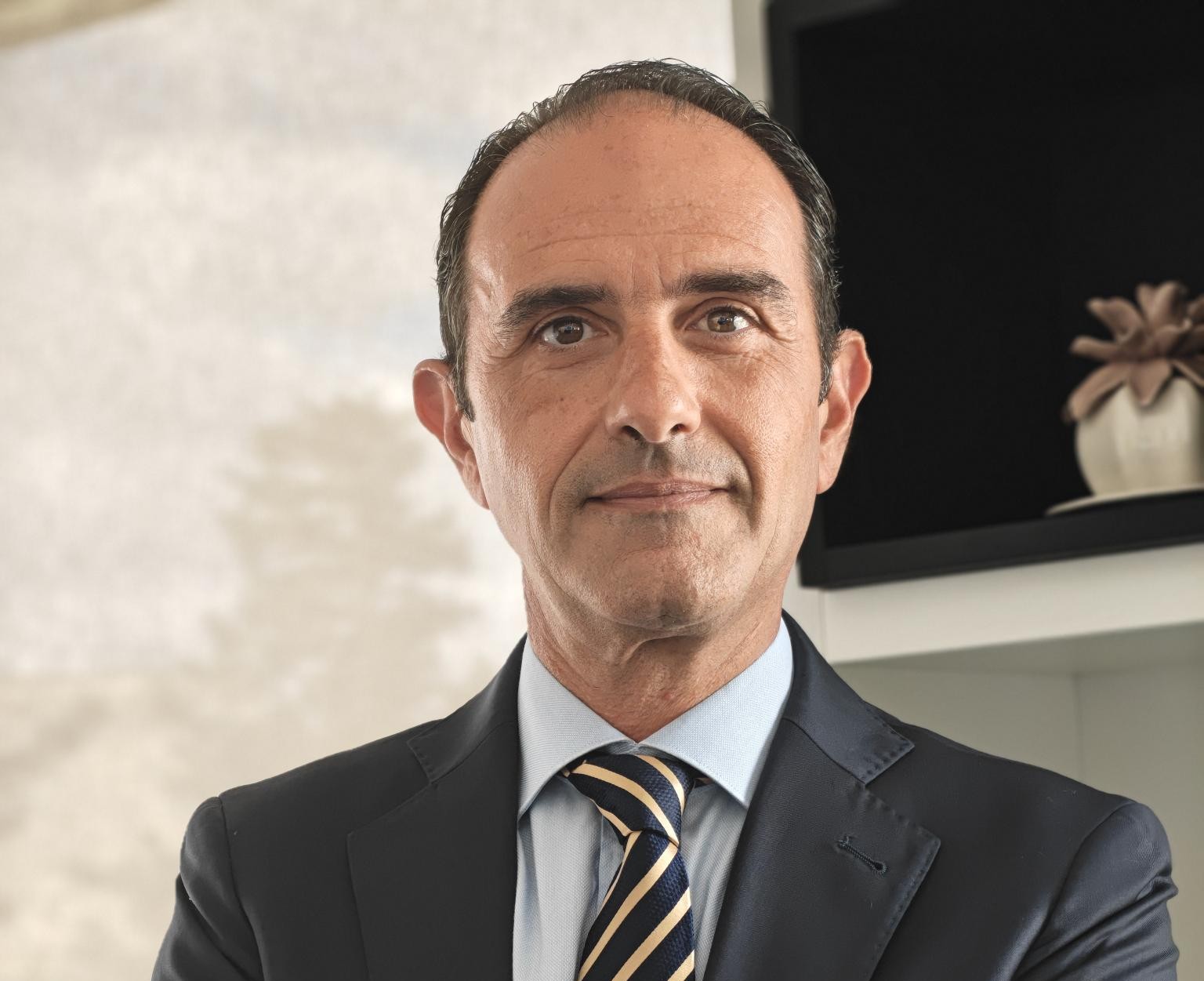On World Autism Awareness Day, Christine Hili, Head of Human Resources at Rootz LTD, highlighted the importance of going beyond awareness to encourage real inclusion for individuals on the autism spectrum.
While recognising the strengths and perspectives of neurodiverse individuals is essential, true inclusion means actively creating environments where they can thrive.
What does inclusion look like?
As Christine points out, inclusion goes beyond acknowledgment; it’s about valuing different ways of thinking, offering tailored support, and addressing accessibility. This means providing flexibility and focusing on strengths rather than limitations. By embracing neurodiverse talent, companies can benefit from fresh perspectives, strong attention to detail, and innovative problem-solving skills.
How employers can create a neurodiverse-friendly workplace
Create structured and predictable work environments
Many autistic individuals thrive in structured settings with clear expectations. Employers can support them by offering detailed task instructions, predictable work schedules, and minimising last-minute changes when possible.
Offer sensory-friendly workspaces
Some individuals on the spectrum may be sensitive to bright lights, loud noises, or busy office layouts. Providing quiet work areas, noise-cancelling headphones, or allowing remote work options can significantly improve comfort and productivity.
Provide clear and direct communication
Being explicit with instructions and expectations can help autistic employees navigate the workplace more effectively. Visual aids, written communication, and direct feedback can be useful tools.
Promote awareness and training
Educating managers and employees about autism can help break down misconceptions and foster a more understanding and inclusive culture. Training programs can equip teams with the knowledge to support neurodiverse colleagues effectively.
By implementing these changes, companies can move from simply raising awareness to taking action, ensuring workplaces are welcoming, accessible, and empowering for all employees.
5 key self-development tips every business leader needs to take note of
Self-development can come in the form of better leadership skills, growing a wider network of contacts, and also an improved ...
Give new life to your plans: 5 tips for business leaders to turn strategy into execution
Business leaders have to strike a balance between the resources they have available and the urgency of a particular task.
6 tips on how to conquer your to-do list
Here’s how to make the most out of your workdays.
6 ways business leaders can instil a culture of creativity within their teams
At the heart of it, business leaders need to focus on fostering their team’s creativity, rather than simply relying on ...









